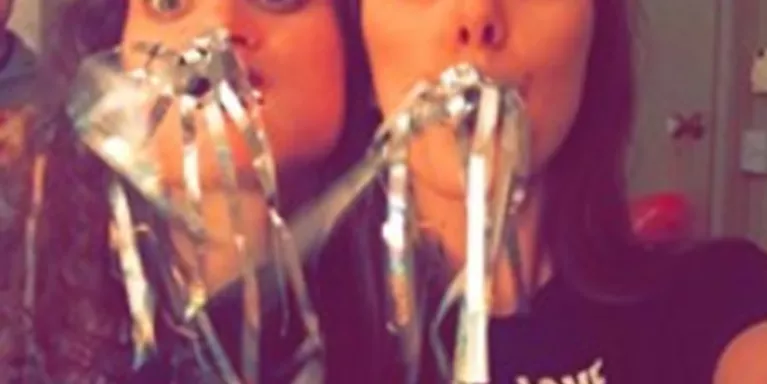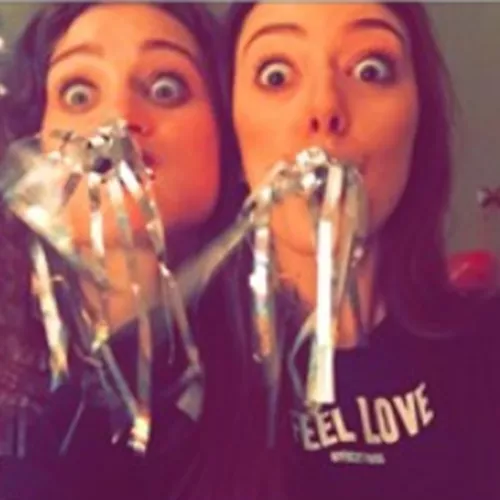Support and self-care for bereavement
Find ways to get support if you're experiencing grief. And read our tips for caring for your own wellbeing.
Bereavement support organisations
These organisations have specialised services that could help you cope with bereavement:
- At a loss – find bereavement services and counselling across the UK, including resources on bereavement during the pandemic.
- Child Bereavement UK – offers support if you are bereaved after losing a child. Or if you're a child or young person who is grieving after losing someone.
- The Compassionate Friends – find support for bereaved parents and their families, including a helpline.
- Cruse Bereavement Support – offers face-to-face, telephone, email and online support for anyone who has experienced a loss.
- Dying Matters – resources to help people talk more openly about dying, death and bereavement, and to make plans for the end of life.
- The Good Grief Trust – a charity run by bereaved people, helping all those experiencing grief in the UK. Provides information and stories about grief and bereavement, including a map of UK bereavement services.
- Hub of Hope – database of mental health services in the UK, including community, charity, private and NHS mental health support.
- The Loss Foundation – offers support to people who have lost someone to cancer. Includes free support groups, walking events, workshops and a peer connection service.
- Samaritans – if you're struggling you can call Samaritans any time on 116 123 to talk about anything. You can also email them at [email protected]. Or contact them by post at Freepost SAMARITANS LETTERS. Samaritans also have a Welsh Language Line on 0808 164 0123 (7pm–11pm every day).
- Sands – information and support for anybody affected by the death of a baby. Support includes a helpline and live chat.
- Sue Ryder – offers bereavement support, including ways of finding bereavement support online.
- WAY (Widowed and Young) – advice for people who have lost a partner before their 51st birthday.
If you've lost someone to suicide, see our page on bereavement by suicide to find support options.
Other ways to find support
As well as supportive organisations, there are other people you could speak to if you're struggling after a bereavement. For example, you could:
- Speak to your GP. Mind has some information about talking to your GP which might help.
- Look into options for bereavement therapy or counselling. Our information on how to find therapy or counselling has more information.
- See if there's support available through your employer or place of study, if you're working or studying.
- Visit your local community centre or library. They may have information about local bereavement support.
- Seek support through your place of worship, if you have one.
- Find support online. This could be online support groups or bereavement communities. Or through connecting with people with similar experiences on social media. Our pages on looking after your mental health online have more information on seeking support and staying safe online.
Losing my dad unexpectedly aged 20 completely turned my life upside down. I thought I wasn't going to get through the grief but with the right support and time, I got through it.
Self-care for grief
Coping with losing someone can be incredibly painful. It can take time to understand your feelings and adjust to what has happened. But there are things you can do to help yourself cope.
It’s important to do what works for you. You might have good and bad days. So take things one step at a time – if the first step feels too hard, try to break it up into smaller steps. It might also help to try different things at different times.
These are some tips:
Connect with others
- Let others know what you need. Tell people what helps and what you find difficult. It's ok to ask others for support, and to be clear about what you need from them. It’s also ok if this changes.
- Seek support. See our list of bereavement support organisations for ideas about who might be able to help. You can also seek help if any current support isn't working for you.
- Try peer support. It may help to talk with others who are currently coping with a loss. Or who have experienced grief in the past. Our pages on peer support have more information. You can also find peer support via an online community, such as Mind's Side by Side.
In the early days, talking to whoever would listen helped me cope
Talk to a therapist
Talking with a trained professional could help you understand and cope with your thoughts and feelings following a loss. Talking to a specialist grief counsellor may help you:
- Understand your grief
- Identify and express your feelings
- Accept and understand that your feelings are valid
- Explore ways of coping
- Think about ways to move forward
- Cope with birthdays and anniversaries of the loss
See our pages on talking therapy and counselling to learn more. Cruse Bereavement Support also has a local bereavement services directory, with some regions providing grief counselling.
I thought that because I appeared to be coping better than my siblings, I was doing fine - but I needed to look closer at my own feelings.
Look after your wellbeing
Grief can have a huge impact on every part of our lives. We may find it harder to do the things we normally do to take care of ourselves. This can affect our physical and mental wellbeing.
It may help to try these tips:
- Improve your sleep. Not sleeping well can have a big impact on how we’re feeling and how well we can cope. It may help to try relaxation exercise before bed. Or you could try to make where you sleep as calm and peaceful as possible. If you’re having trouble sleeping, see our pages on coping with sleep problems.
- Make food choices that work for you. After losing someone, you may not feel like eating as much. Or you may eat more than usual to comfort or distract yourself. This is completely normal. Our information on food and mental health includes tips for preparing or choosing food when you don’t feel well.
- Think about your drugs and alcohol use. You might feel like using drugs or alcohol to cope with any difficult feelings. But in the long run they can make you feel worse. See our pages on recreational drugs and alcohol to find out more.
- Understand your triggers. It's normal for certain things to trigger difficult feelings or painful memories about your loss. Try taking note of what might affect your mood. This could help you gradually learn how to cope with triggers when they happen. You can track your feelings using an mood diary. You could use a pen and paper, or find a free online diary.
When I am absorbed in playing and creating it can distract me from the distress I still experience at times.
Moving forward with grief
As time passes, you may feel an expectation to move on from your grief. You may feel pressured to do this by others. Or you may put this pressure on yourself.
Moving on may not feel like something you want to do. Or something you are able to do. Some people find it more helpful to think about moving forward with their grief, rather than moving on from it.
Remember that there's no time limit on grief. There isn't a point where you're supposed to 'complete' your grief and move on. Your grief may always be a part of you and may be something you always struggle with at times.
These are some ideas you could try, although remember that different things may work at different times:
- Cherish your memories and your relationship with the person who has died. You could find ways to include their memory in celebrations, talk to others about them, or spend time learning more about an interest or hobby they had.
- Do things on behalf of the person you've lost, or in honour of them. For example, if there was somewhere they had always wanted to visit, you could go on their behalf. Or you could get involved with a fundraising or campaigning project in their memory.
- Express your feelings through creativity. For example, through drawing, journalling, or taking photos.
- Keep objects to remind you of the person. For example, you might want to wear an item of clothing or jewellery that belonged to them. Or carry a photo of them with you. Or you could make a memory box, filled with things that remind you of the person who has died, or of happy memories of them. This could be a favourite book, photos, letters, poems, notes to yourself, a cuddly toy or a perfume.
- Remember that it's ok to feel happy and to find enjoyment in life. We can feel guilty about feeling happy when we've lost someone. But having positive emotions or good days doesn't mean we don't care or aren't still grieving.
- Try new things, for example joining a club or volunteer group. Or starting a new hobby. Sometimes this can help distract us and give us something new to focus on.
- Read or listen to stories from other people who have been through similar experiences. Sometimes this can help us to feel more understood and hopeful for the future. The Good Grief Trust has videos of people talking about their experiences of moving forward.

For Sophie, the best friend I could ask for
She is the person I would call, day or night, and know without doubt I was loved…how lucky I was to have a friend like that.
This information was published in December 2023. We will revise it in 2026.
References and bibliography available on request.
If you want to reproduce this content, see our permissions and licensing page.













